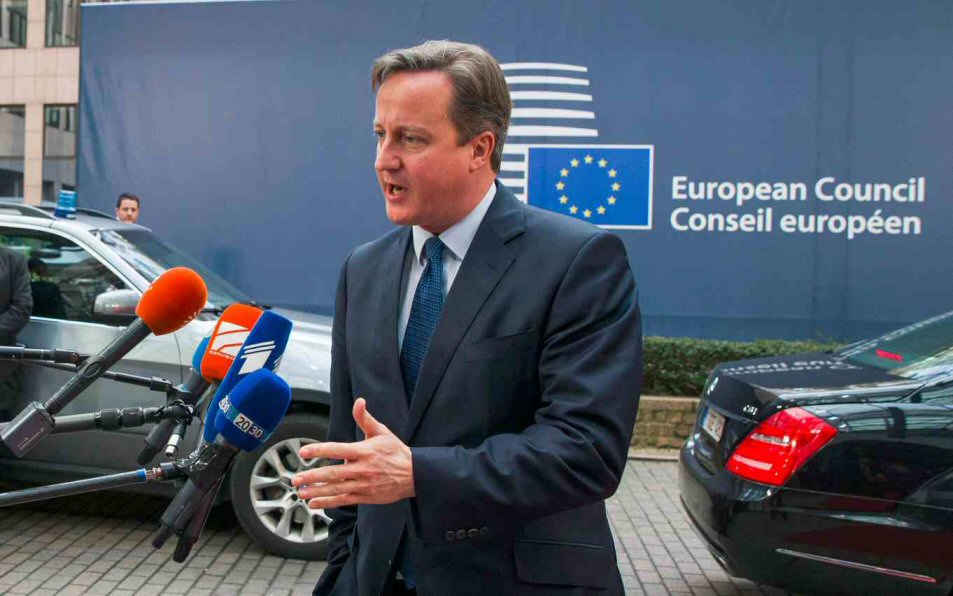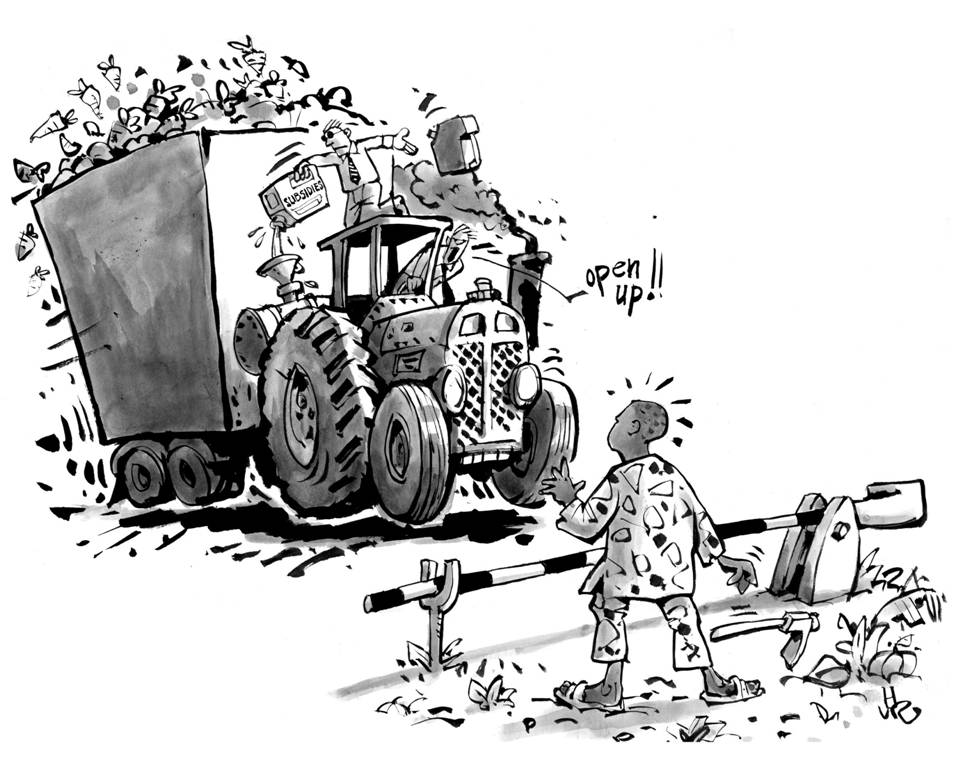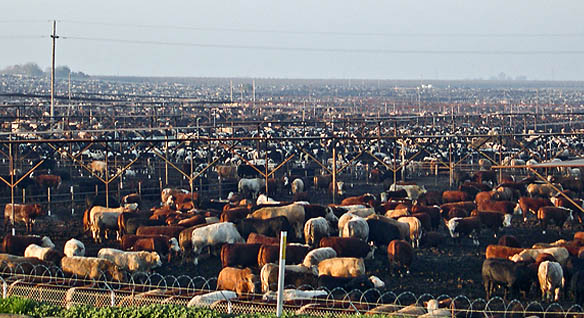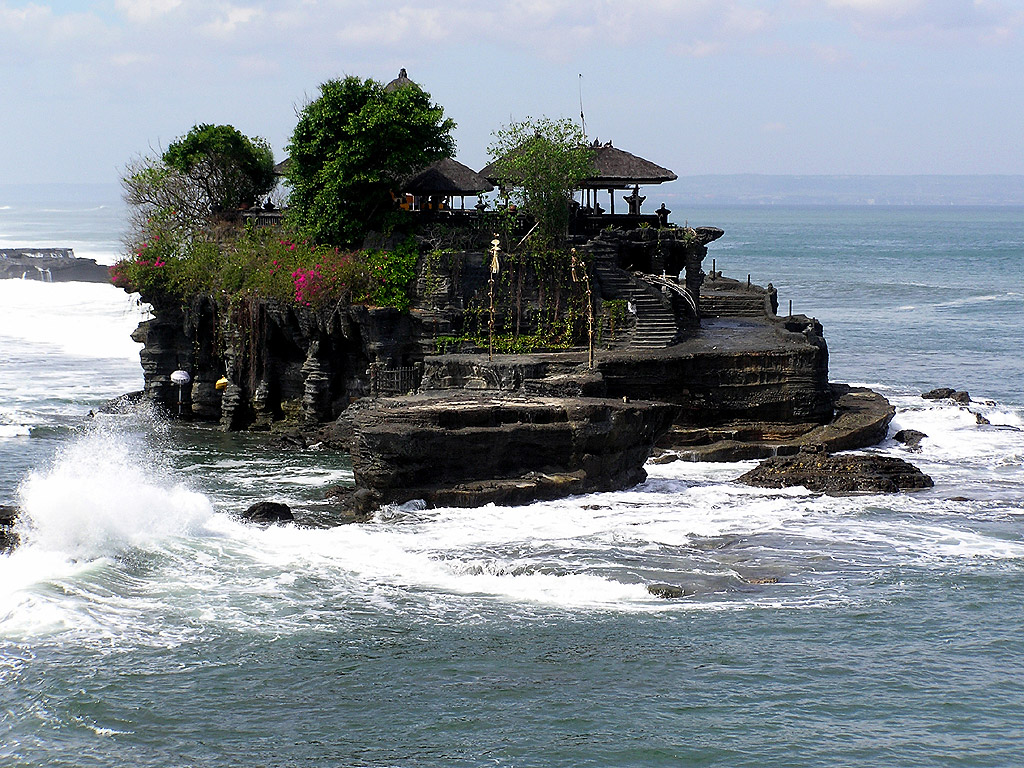Today, we are pleased to present a guest post by Lars Brink who is affiliated with the Global Issues Initiative at Virginia Tech University and a leading expert on domestic support issues in the WTO Agreement on Agriculture.
Background
Domestic support and Bound Total AMS (Aggregate Measurement of Support) may not be high priority items, compared to market access, in terms of analysing trade distortions. Still, anything that touches on farm support and limits on such support attracts attention. This may apply also in a case of Brexit negotiations. This note is about the WTO domestic support commitment of the United Kingdom in case of a Brexit.… Read the rest





